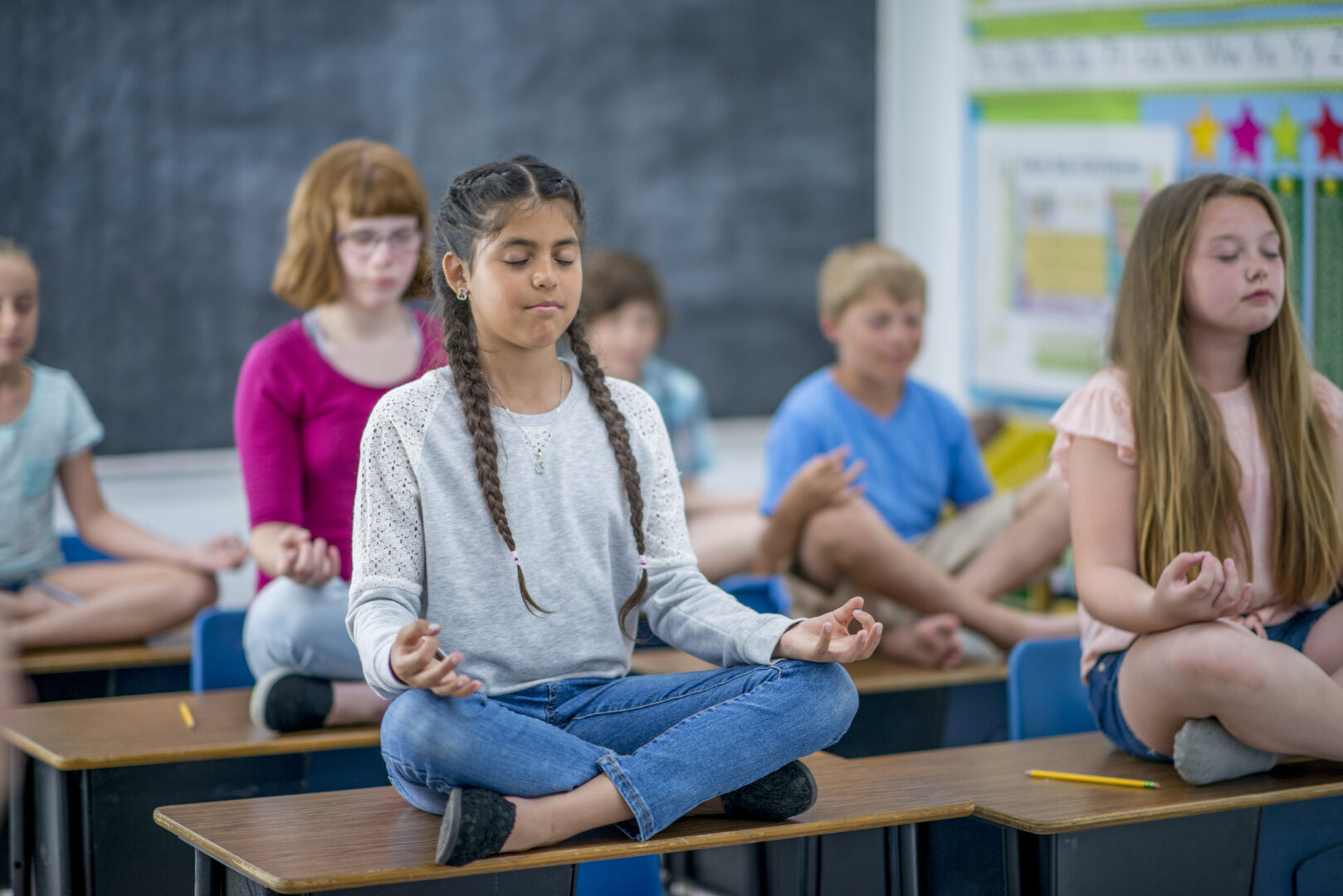Managing schoolwork can be stressful. Students need all the skills possible to reduce school stress and learn more effectively. Meditation can help.
When students don’t manage their stress properly, it can affect how well they learn. Stress levels affect cognitive development and other brain functions such as short- and long-term memory and information processing. While adults can take medications and Organic CBD Nugs to deal with stress, children are left with lesser options.
Balancing an unstable learning landscape because of COVID-19, extracurriculars, social media, their own social lives, and responsibilities at home can leave students stressed. Children’s developing brains can struggle to prioritize time each day to relax and focus on themselves without distractions.
How Meditation Affects the Brain
Meditation rests the mind, body, and spirit, causing numerous well-being benefits. Mindfulness meditation, specifically, has gained popularity in recent years and teaches the ability to slow down racing thoughts, let go of negativity, and calm both your mind and body.
Participants of a cognition study who meditated for 20 minutes over 4 days showed less stress and better memory. They also scored as much as ten times better on a working memory task. By flexing the memory muscle in meditation, the information storage mechanisms multiply, ensuring that your brain retains the ability to store new memories.
Benefits for Students
For growing brains, meditation has a lot of promise for children versus what it has for adults. Kids are more receptive and willing to try new things, whereas adults have a harder time relaxing and focusing on turning off their inner dialogue.
Not only does meditation improve short- and long-term memory, but there are other benefits as well:
- Enhances empathy
- Develops better problem-solving and decision-making skills
- Improves sleep
- Meditation decreases cortisol levels, which help with stress management
- Promotes self-image and self-worth
- Increases attention span and focus
- Can reduce pain sensations in the body
- Helps manage mental illnesses such as depression, anxiety, and ADHD (source).
- Improves mental health
Meditation Tips:
- Practicing meditation is like a muscle; it gets stronger with practice.
- Your child is more likely to adopt the habit if you also implement meditation into your daily routine.
- Meditating in a comfortable place away from distractions grants the ability to focus on observing rather than thinking. This helps teach how to be present in daily life.
- Thoughts will forever be in mind; the key is not to change them but to acknowledge them and give the mind some space to look at the angry thoughts and refocus itself.
- Let the body breathe and focus on the breath pattern, no need to change or direct it.
- Use a digital app like Headspace that will help with guided meditation. This is also a great option if for progress tracking. There are other ways to make meditating a bit easier, such as books, audio recordings, and Youtube videos. Start with using one consistently to build the habit.
- The practice’s length of time and frequency can vary, but the following time frames are recommended: Preschool children: a few minutes per day; Gradeschool children: 3-10 minutes twice a day; Teens: 5-45 minutes per day or more based on preference. (source).
- Encourage your child to incorporate deep breathing at bedtime or before answering a difficult question in class. Deep breaths can also help reduce anxiety before a big event or performance.
Balance is key
Meditation is one way that students can reduce their stress levels for better grades. For more tips and a holistic approach to learning, school, and success, that takes into account the student as a person, reach out to your local GradePower Learning location.





